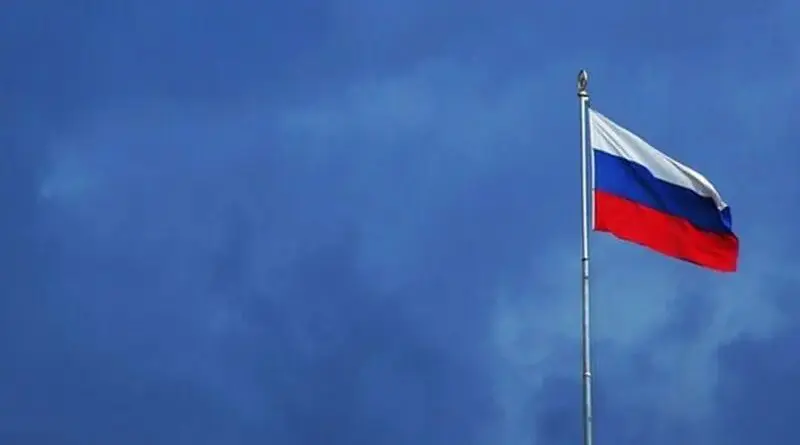As Russians Remember Repression Victims, Moscow Creates More Of Them, Sparking Protests – OpEd
By Paul Goble
Across the Russian Federation, people this week paused to remember the victims of political repressions typically under the device that such things must never be repeated. But many taking part noted that the current regime is creating new victims and demanded that this be stopped.
The meeting in Ioshkar-Ola was typical. Vitaly Tanakoov, a Mari activist, read a prayer from the traditional national religion in memory of those who perished earlier and demanded that Moscow repeal Article 282 which punishes people for their thoughts and words and is producing new political prisoners all the time (idelreal.org/a/30244564.html).
Others who took part in the memorial meeting, including officials and ordinary Mari residents, did not go as far but did denounce political repression in terms that apply to all times and places not just the 1930s as the Putin regime would prefer if such things have to be remembered at all.
Ilga Dravinetsa, the deputy head of the Mari El government, for example, said that “no development of the country, no ambitions or successes can be achieved at the price of human grief and loss. There is no justification for repressions. It is extremely important that our youth” know the fact so that “something similar will not be repeated.”
Yevgeny Kuzmin, deputy chairman of the republic State Assembly, described what happened in Mari El in the 1930s as “a national catastrophe,” one that destroyed the leadership of the national intelligentsia and government and that was kept hidden until the end of the 1980s. Today “we know more or less” what happened but there are gaps.
Emiliya Minenkova, granddaughter of a Mari who was repressed at the end of the 1920s, said she had maintained an album about her ancestors but had always given them false names because to talk about that time was so dangerous. She expressed sadness that so much has been forgotten.
Others talked about far more recent repressions. Nikolay Arakcheyev, head of the Association of Victims of Political Repressions in Mari El, described the case of one young man who was sent to a psychiatric hospital in 1984 for three years for a single poem the Soviet authorities of that time didn’t like.
According to Arakcheyev, “approximately 40,000” people were repressed in penal institutions in the republic, of whom roughly a quarter were from the republic itself, Some 16,000 were de-kulakized. All this continues to cast a shadow: some 500 victims of political repression live in Mari El now.

